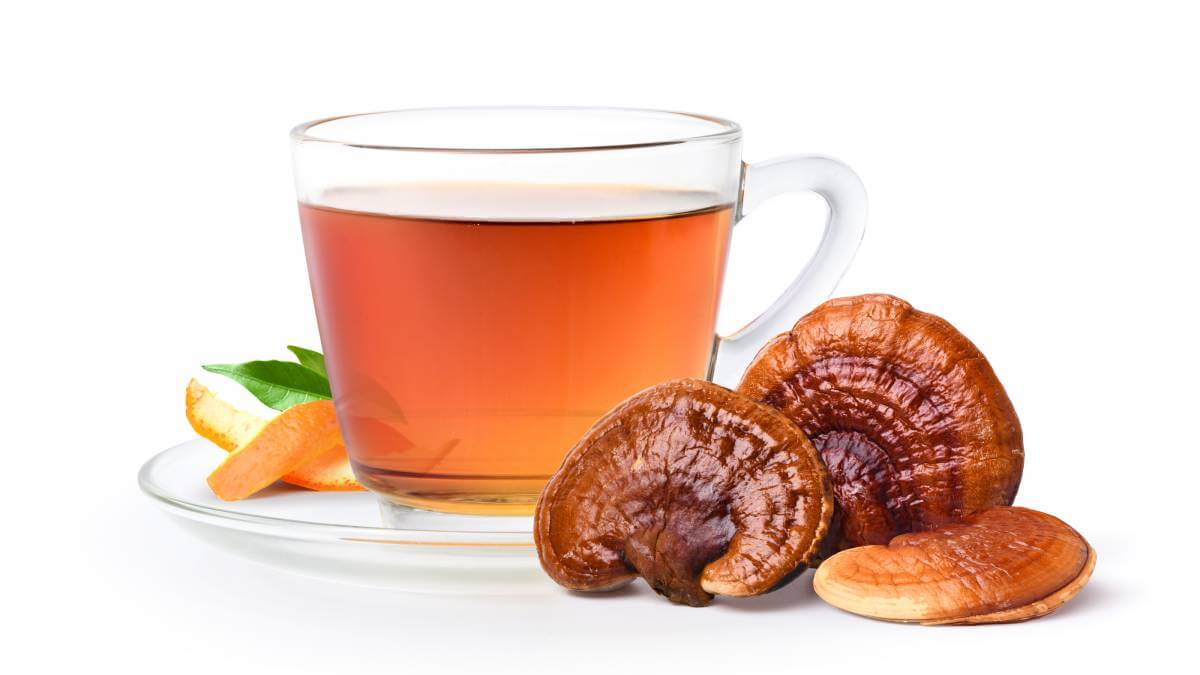Every year, people love to share their predictions for the biggest upcoming food and health trends. There are often a few bizarre ideas floating around that will never take off, but it is useful to know what kinds of products you may be seeing more of on supermarket shelves this year.
Functional mushrooms for holistic health
Mushrooms are stepping out of the shadows and into the spotlight as a powerhouse of nutritional benefits. Varieties such as reishi, lion’s mane and chaga are gaining popularity for their immune-boosting and cognitive-enhancing properties. Expect to see them not only in supplements but also incorporated into more beverages, broths and even snacks.
Foods that are packed with protein
Protein plays a crucial role as you age, helping to maintain muscle mass, strength and bone density. It supports tissue repair, hormone synthesis and immune function. Including lean protein sources such as fish, poultry, beans and dairy in your diet is vital for staying healthy, managing weight and promoting overall wellbeing.
Food manufacturers have worked out that if the word ‘protein’ is on the packet, it’s automatically considered healthier. And when it comes to predicted global health trends, protein-enriched foods are up there. From enhanced yoghurts and cereals to protein-packed snacks, you’ll find more options than ever before to fit extra lean protein into your diet.
Seeking out protein-rich foods that offer 10-20g of protein per serve can help to increase your overall intake, which has benefits for satiety, metabolism, glucose metabolism and more.
Adaptogens in everyday foods
Adaptogens are plant-based substances, including herbs, roots and concentrated powders that are known for their ability to help the body adapt to and resist various stressors. They are often associated with benefits such as improved mood, enhanced immune function, better hormonal balance and increased energy levels.
Now, adaptogens are finding their way into everyday meals. Ingredients such as ashwagandha, holy basil and ginseng are becoming common additions to smoothies, teas and savoury dishes. Their ability to help the body adapt to stress is aligning perfectly with the growing demand for holistic wellbeing.
As great as this all sounds, the effectiveness of adaptogens is a topic of ongoing research, and scientific evidence supporting their benefits is still evolving. While some studies suggest that adaptogens may have positive effects on stress response, mood and certain physiological functions, more robust and consistent evidence is needed.
For anyone taking medication, it is important to also check that there are no interactions between various herbal adaptogens, especially those found in oral supplements, which tend to be more concentrated.
Plant-based seafood alternatives
You’ve seen the impossible burgers and meat-free hotdogs, now seafood is getting the same treatment.
As the plant-based movement continues to gain momentum, seafood alternatives are making waves. Innovative plant-based ingredients are being used to create convincing alternatives to traditional seafood, offering a sustainable and cruelty-free option for those looking to reduce their environmental impact without sacrificing taste and texture.
Beans and legumes will go mainstream
High in fibre, protein and minerals such as iron – it’s no wonder legumes are a dietitian-approved staple. But their versatility is what makes them a trending star. This year, you’ll find lentils, chickpeas and edamame featured in everything including pasta, snack foods, crackers, chips and salads.
Legume-based alternatives for snack foods generally offer more nutritionally, with more dietary fibre and protein per serving in most cases. However, they will likely still be ultra-processed and contain plenty of refined vegetable oil.
Foods that aid sleep
Hot drinks and snack bars are popping up with added magnesium or tart cherry, or containing naturally occurring melatonin or amino-acid levels in the baseline ingredients to help people relax before bed.
It’s important to note that these products are associated with relaxation and sleep but are not necessarily proven to help you fall asleep and stay asleep.
Broadly speaking, these food choices tend to be healthy and nutritious but more expensive than the regular versions. While they may not guarantee better sleep, the belief that they might contribute to better sleep could, in itself, have a positive impact on your ability to catch some extra rest.
Foods that boost gut health
The importance of gut health is well established, and 2024 is set to see a surge in more gut-friendly foods. Fermented foods such as kimchi, kombucha and traditional yoghurts are becoming staples, and prebiotics are being incorporated into a variety of products to support the growth of beneficial gut bacteria.
What food trends do you think we’ll see this year? What do you hope we don’t see? Why not share your predictions in the comments section below?
Also read: Living like a gorilla and other fitness predictions for 2024

